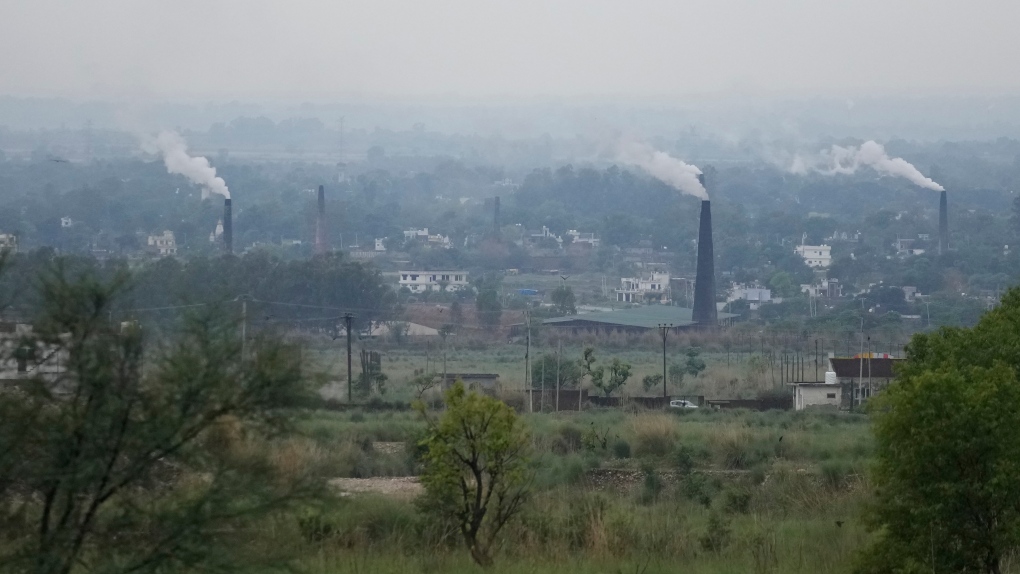Canadian emissions monitoring company GHGSat on Saturday launched a satellite aimed at detecting carbon dioxide emissions from individual facilities like coal plants and steel mills from space for the first time.
The satellite, named Vanguard, launched from Vandenberg Space Force Base in California, GHGSat said.
Space-age technology is increasingly being used to hold polluting industries accountable for their contributions to climate change. GHGSat's data is available for sale to industrial emitters who want to reduce their emissions, as well as to governments and scientists.
Vanguard will build on the growing network of satellites that are already spotting plumes of methane, an invisible greenhouse gas that is difficult to detect because it tends to leak from an array of small sources including pipelines, drill sites and farms.
Carbon dioxide accounts for nearly 80 per cent of U.S. greenhouse gas emissions from human activities and tends to enter the atmosphere from large industrial sources like power plants. Satellites monitoring carbon dioxide in the atmosphere currently are not focused on facility-level emissions, GHGSat said.
The data collected by Vanguard will help substantiate common practices of monitoring and measuring carbon dioxide emissions, according to Stephane Germain, CEO of Montreal-based GHGSat.
"Often what we find is a mix of direct measurements and estimates - therefore having a direct measurement of the entire facility from a satellite will act as a validation," Germain said in an interview.
Satellites have already shown that methane emissions are broadly higher than estimated and Germain said he suspected the same is true of carbon dioxide.
The information will help bolster the accuracy of government emissions inventories and scientific modeling and will improve the quality of corporate greenhouse gas reporting for investors, GHGSat said.
(Reporting by Nichola Groom; Editing by Rod Nickel)






































